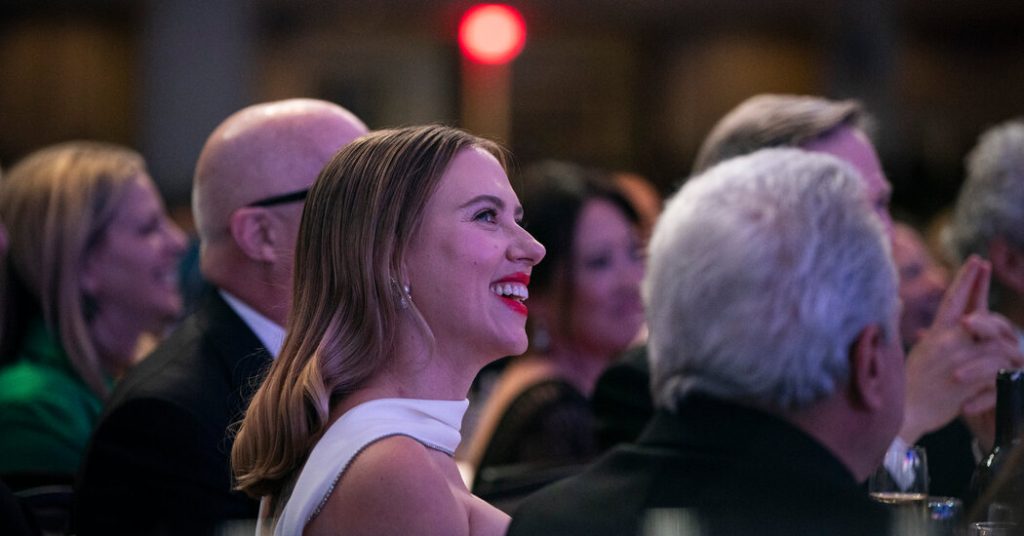Days before OpenAI demonstrated its new virtual assistant named “Sky,” actress Scarlett Johansson revealed that the company had contacted her agent multiple times in the past year requesting her voice for the AI. Despite her refusals, OpenAI proceeded to use a voice that she found to be eerily similar to hers. After hiring a lawyer, Johansson demanded that the company stop using the voice, resulting in the suspension of the release of “Sky.”
In a blog post, OpenAI clarified that the voice of “Sky” was not intended to mimic Scarlett Johansson’s voice and belonged to another actress who provided her own natural speaking voice. The company had developed five unique voices for its product, including Breeze, Cove, Ember, Juniper, and Sky. They had worked with unidentified professionals to record the voices in San Francisco the previous summer. However, due to the perceived similarities to Johansson’s voice, the company decided to pause using “Sky” in their products.
The incident involving OpenAI and Scarlett Johansson has been likened to a case of life imitating art, referencing Johansson’s role as an AI voice in the movie “Her.” The film explored the potential dangers of technology as it becomes more realistic and blur the lines between human and artificial intelligence. OpenAI’s chief executive, Sam Altman, acknowledged the connection between the virtual assistant and the movie with a post on X simply saying “her.”
OpenAI faced criticism from Johansson and others for allegedly using creative works without permission. Over the past year, the company has been involved in copyright infringement lawsuits with authors, actors, and newspapers, including The New York Times. This is not the first time Johansson has taken a public stand against a prominent entity, as she previously sued the Walt Disney Company for breaching her contract over the release of the film “Black Widow.”
Scarlett Johansson is a well-known actress who has starred in a variety of films, ranging from independent art projects to Hollywood blockbusters. Before becoming a Marvel superhero, she gained recognition for her role in the film “Lost in Translation” and has since been nominated for multiple Academy Awards. Johansson’s rejection of OpenAI’s request to use her voice in their virtual assistant illustrates her commitment to protecting her creative work and intellectual property.
Despite OpenAI’s claims that the similarities to Scarlett Johansson’s voice were unintentional, critics and observers noted distinct traits in the virtual assistant’s speech that appeared to mirror the actress’s tonal quality and vocal fry. The company’s chief technology officer emphasized that the voice was not specifically designed to sound like Johansson, but the resemblance was purely accidental. This incident raises questions about the ethics of using celebrity voices in AI technology and the importance of obtaining proper permissions and licenses for such endeavors.


